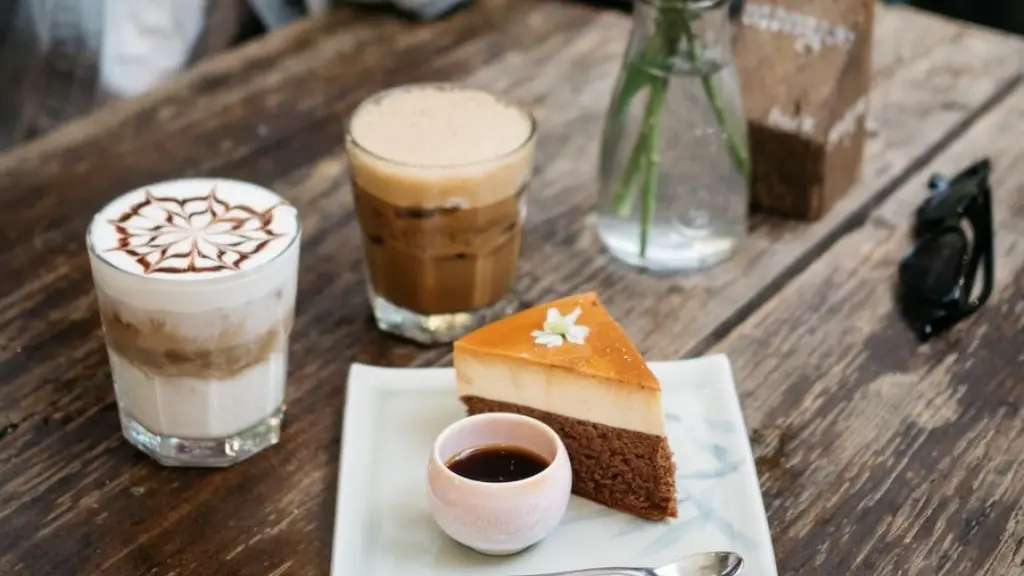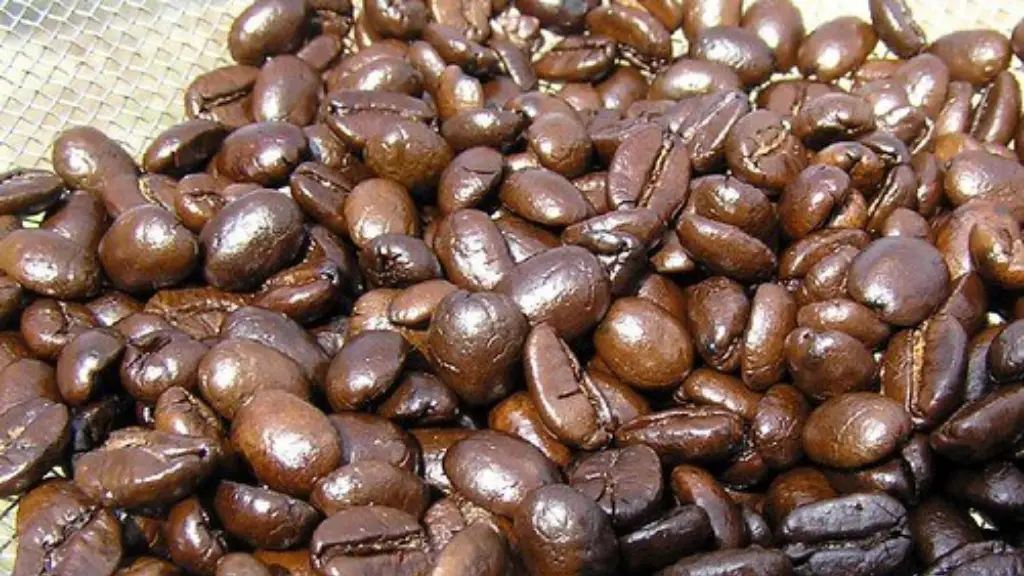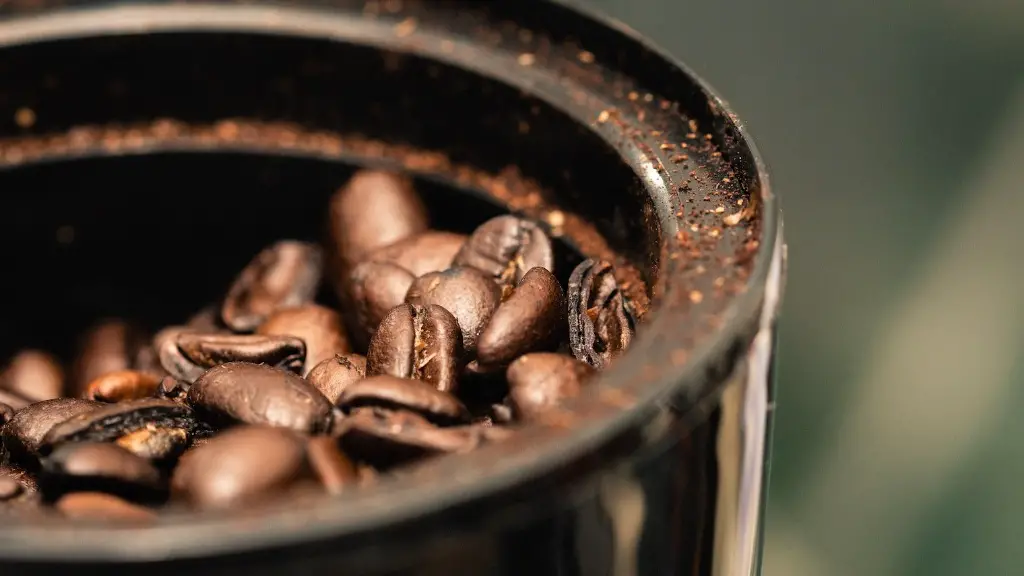When a person drinks black coffee, they know that caffeine gives a nice kick to the energy levels. But is this “wake up machine” affecting the color of their teeth as well? This article scrutinizes the common question – does drinking black coffee stain your teeth?
Many people believe that dark beverages like coffee are the sole offenders for yellowing teeth. However, this is only a myth. Teeth can yellow if someone does not practice proper oral hygiene or if the person chews tobacco. If a person cleans their teeth two times a day and eats healthy food, they should not worry about the color of their teeth.
The idea that drinking black coffee will stain teeth seems plausible because the beverage contains tannins. These are polyphenolic compounds found in food, like tea or coffee, and many plants. Tannins lead to the formation of polyphenol-protein complexes that cause stains in teeth. However, the truth is different.
It has been suggested that excessive drinking of coffee can cause staining on teeth. This can rarely occur if the coffee contains high levels of tannins. But this does not happen if somebody drinks one or two cups of coffee per day. Moderate consumption of black coffee does not lead to any noticeable discoloring of the teeth.
In reality, the coffee itself will not bring any changes in the color of teeth. If stains do occur after drinking coffee, this is most likely due to an existing dental issue. For example, when the enamel of the teeth is damaged, the tooth becomes susceptible to discoloration as well.
Though coffee barely affects the color of the teeth, it can still lead to other dental problems. For example, drinking of excessive coffee can cause dry mouth, which can cause tooth decay, bad breath and can even affect the digestion process. Moreover, black coffee can gradually erode the enamel of the teeth, making them more vulnerable to bacteria.
In order to prevent any discoloration of teeth, an individual should combine regular brushing and flossing with a healthy lifestyle and minimal consumption of coffee or other dark colored drinks. Also, sipping water after each cup of coffee or tea is important. This way, dilution of tannins is possible and chance of staining of the teeth is almost reduced to zero.
Coffee and Bad Breath
Besides contributing in discoloring teeth, drinking black coffee can also cause bad breath. This happens due to an imbalance in the oral microbiota, which is caused by drying of the oral tissues. When this happens, the oral cavity becomes dry, resulting in a foul odor. Therefore, drinking too much coffee can lead to bad breath brought on by inadequate hydration.
The good news is that this bad breath can be prevented. The simplest solution is drinking a cup of water after drinking a cup of coffee. This not only helps to dilute the caffeine, but it also helps to neutralize bad breath. Furthermore, daily flossing and regular brushing can also ensure that the teeth remain clean and in an optimal condition.
Another important factor to consider for bad breath is the type of coffee. Coffee with added sugar can create more damage to the teeth and can cause more bacteria to thrive, which can lead to bad breath. Choosing sugar-free, or even better sugar-reduced, coffee can be beneficial for both teeth and breath.
All You Need to Know About Caffeine Overload
People who drink too much black coffee can suffer from caffeine overload. This is a condition when a person intakes so much caffeine that it leads to excessive sweating, nausea, a restlessness, and even insomnia. Moreover, when caffeine levels become too high it can trigger irritation, agitation, and chest pains as well. Therefore, it is important to keep an eye on the amount of caffeine consumed throughout the day and to be aware of the recommended daily intake.
Most of the effects of caffeine overload can be prevented if a person skins their coffee consumption to a moderate amount. The generally recommended amount of caffeine per day varies from person to person, but it is best to keep it at around 300 mg. This is roughly three cups of coffee per day.
It is also important to factor in any other sources of caffeine, such as energy drinks, which can add up to the daily caffeine intake. It is also beneficial to spread this amount of caffeine throughout the day in order to stay away from extreme highs and lows. This way, an individual could have a healthier and more balanced lifestyle free from anxiety and restlessness.
Coffee and Teeth Whitening Treatments
A popular way to protect the teeth from getting yellow is participating in a teeth whitening treatment. This is usually done with a peroxide gel, which when exposed to the teeth’s enamel, breaks down the stains and produces a brighter set of teeth.
Most professional whitening treatments use hydrogen or carbamide peroxide as a whitening agent. But did you know that coffee can also be used in whitening teeth? Charcoal, which is considered as a natural teeth whitener, can be used to make a coffee-based mixture that could clean and whiten teeth.
The way it works is simple – coffee grounds are mixed together with activated charcoal, or even normal charcoal, and then the paste-like mixture is applied on the teeth directly. This mixture helps to remove bacteria and make the teeth look to whiter. The best part is that it is completely natural and user-friendly.
So, the answer to the common question – does drinking black coffee stain your teeth? is – it depends. If an individual drinks more than two cups of coffee a day and forgets to brush their teeth well, then yes, coffee can cause discoloration. But if the person keeps up with their oral hygiene, drinks moderately and uses other preventive methods, they won’t have to worry about their teeth.
Dental Checkups and Coffee Prevention
One of the best ways to ward off discoloring teeth due to too much coffee consumption is visiting the dentist regularly. This ensures that any potential dental issues that could have caused staining of the teeth can be treated as soon as possible. It is even better to attend preventive check-ups, where the dentist can take a look at the overall health of the teeth and mouth.
Besides performing a check-up, a dentist can also recommend specific dental products that can help protect and clean the teeth. This includes hydrating manganese salts and fluoride-based products that can improve the health of the enamel and reduce staining. Moreover, the dentist can provide personalized guidelines related to consuming coffee and other beverages that could be beneficial to the health of teeth.
Drinking Coffee and Oral Hygiene
Apart from preventive check-ups, consistent oral hygiene plays an important role in avoiding any staining caused by drinking too much coffee. This includes brushing the teeth twice a day with a fluoride-based toothpaste and flossing regularly. Brushing the teeth with a fluorinated toothpaste has the potential to reduce the amount of surface staining resulting from too much coffee consumption. This is something that anyone concerned about their teeth should seriously consider.
Additionally, avoiding or reducing acidic foods or drinks, like coffee, is also beneficial. This is because they can erode the enamel of the teeth, making them more prone to discoloration. This is why people who drink a lot of coffee should also be conscious of how often they eat acidic foods. Avoiding acidic foods can help to keep the teeth clean and strong.
Sensitivism and Coffee Consumption
Drinking of black coffee can also cause tooth sensitivity in some cases. This is usually because it erodes the protective enamel layer and the dentin becomes exposed. When the dentin loses its protection and becomes exposed to the oral environment, it can lead to painful and sensitive teeth.
To prevent this from happening, it is important to limit the amount of coffee consumed, as this could help to reduce tooth sensitivity. But if the sensitivity persists, then it might be time for a dentist consultation. A professional teeth cleaning could be beneficial and since dentin is very porous, it might even be necessary to use some special products to treat the sensitivity.
The Bottom Line
Once and for all, it can be said that drinking black coffee rarely causes any discoloring in a person’s teeth. But, this does not mean that coffee should be consumed without any caution. Excessive consumption of coffee can lead to many dental issues, such as bad breath, tooth decay, and erosion of enamel. It is important to keep in mind that coffee consumption should be kept to a moderate amount and that brushing and flossing daily is still essential.





